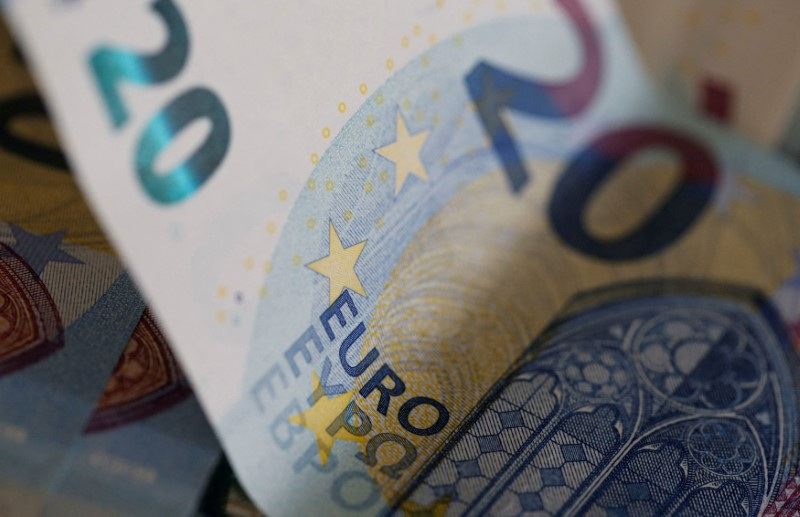Euro Buyers Emerge in Last-Gasp Defense of Dollar Parity Level
2022.07.12 15:57

Budrigannews.com — The euro came within a whisker of parity against the US dollar before suddenly bouncing back, a sign of just how important the level is to traders.
The euro slid as low as $1.00003 at 11:46 a.m. in Frankfurt, the weakest since 2002, according to pricing sourced by Bloomberg. It then jumped and reversed losses to trade as high as $1.00688. Some other pricing providers showed it briefly hit parity, leading some to debate whether the level had gone.
Its quick reversal shows how much money is on the line if the level is breached. Since the euro first fell below $1.05, data from the Depository Trust & Clearing Corporation shows that parity has steadily become the most traded options strike in the currency. That means many traders have motivation to defend the level, with Tuesday’s price action almost a textbook case of such barrier protection.
“My sense is a large queue of buy orders at 1.00 stand in place in the market looking to reduce short exposure via either spot or option structures,” said Neil Jones, head of foreign-exchange sales to financial institutions at Mizuho.
The euro’s downward spiral has been rapid, given it was trading around $1.15 in February. A series of increasingly-large Federal Reserve interest-rate hikes has supercharged the dollar, while Russia’s invasion of Ukraine has worsened the economic outlook in the euro zone and pushed up the cost of the region’s energy imports.
Chorus Predicting Euro’s Slide May Hold a Warning: Trader Talk
While traders offered a defence of the $1 level Tuesday, that may prove in vain if the macroeconomic headwinds that have pushed the euro lower come back to the fore. While parity remains a favorite play for investors, DTCC trades this week suggest growing interest for options strikes 5% below the current spot level.
“There is nothing unusual or extreme from either a market positioning or flow perspective with euro-dollar at parity,” said George Saravelos, global head of currency research for Deutsche Bank. However, reduced liquidity may “generate disorderly price action in the coming days as large flows in the market have the potential to generate bigger moves in the exchange rate.”








